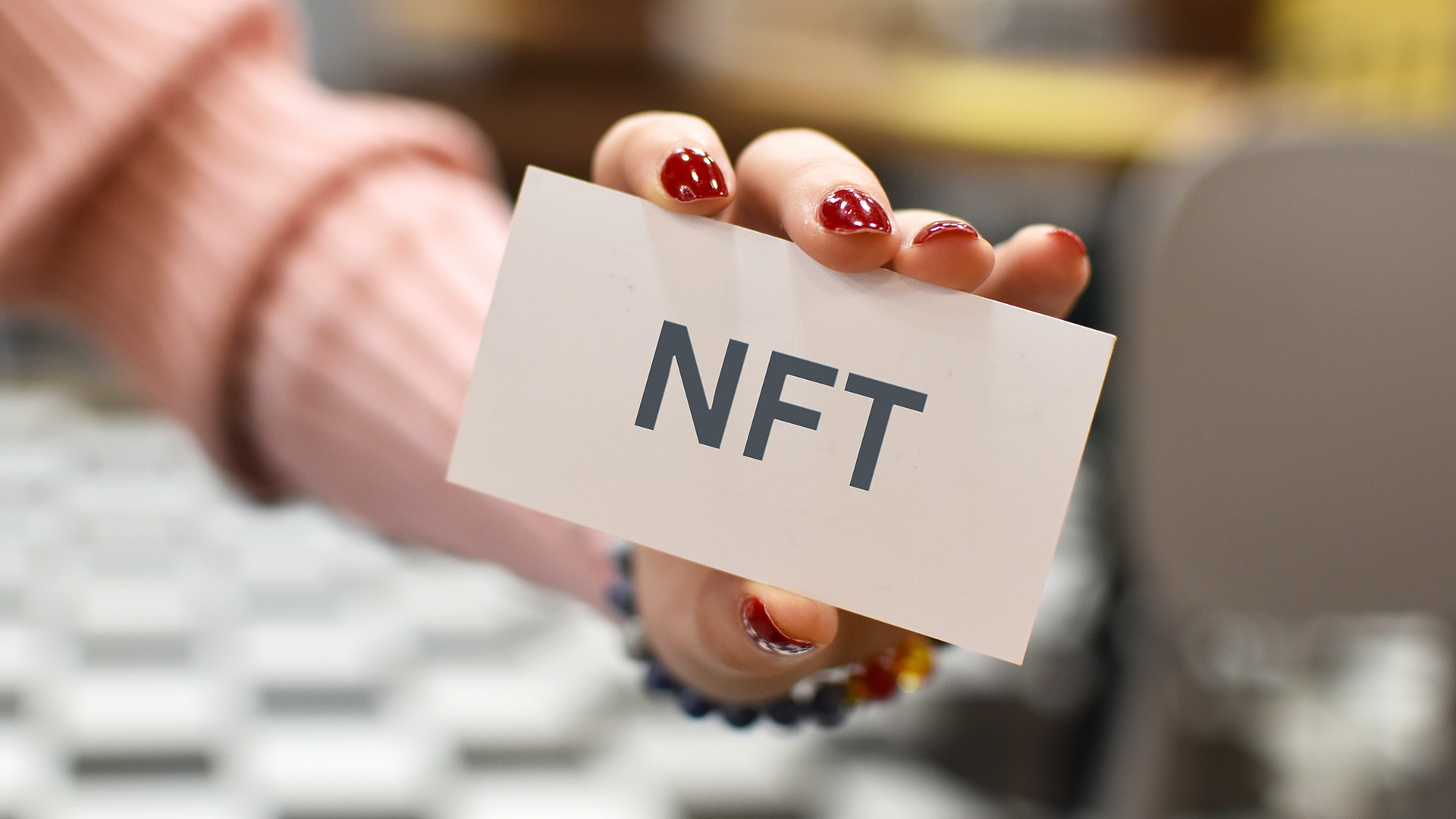At the LeWeb conference in Paris recently, the Mozilla Foundation discussed how to make the Web experience more “personal.”
I think the heart of this discussion is the unmistakable trend, initiated by Apple, but happily followed by Google and Nokia, to constrain Web content into the tightly controlled channels represented by apps.
I sometimes marvel at how technology can reinvent the same stuff a thousand times, and EACH TIME claim it’s some spanking-new revolutionary this-or-that.
Let’s explain the apps phenomenon in a compact form: apps are successful because they optimize the client device resources (e.g., screen real estate, touch interface, keyboard, resolution, and bandwidth, just to name a few examples), which is precisely the same reason why client-server computing was successful in the 80s. The idea that somewhere there is a infinite pot of resources from which we can all draw freely is ludicrous. By shifting some of the workload to the peripheral device, instead, the system becomes zippier in a sustainable way.
Moreover, the browser is, well, just that, a browser. It reads a page. Of course, you can make this page look like it’s not a page at all, but when you need to book a train, this is a bloody transaction involving making choices, querying a database and using two-way commit to make sure Joe does not book the same seat as Jill. Sure, you can (sort of) do that in a form – I have seen people widening the first column of a spreadsheet and using it to write text, but that does not make it less of a brain-dead endeavor.
The statement that this “makes the Internet less open” is truly one of the stupidest I ever heard: Why do I need to look at Facebook through an inefficient Web interface when all I care about are my friends’ status updates?
Why do I need to type this on the mobile Web interface of my iPad when I could easily use an app to write my post locally (no dependence on connection) and only when I’m done upload it to my blog?
Wait, this I know. I have to do it this way because the WordPress app is so bloody awful, that’s why!


